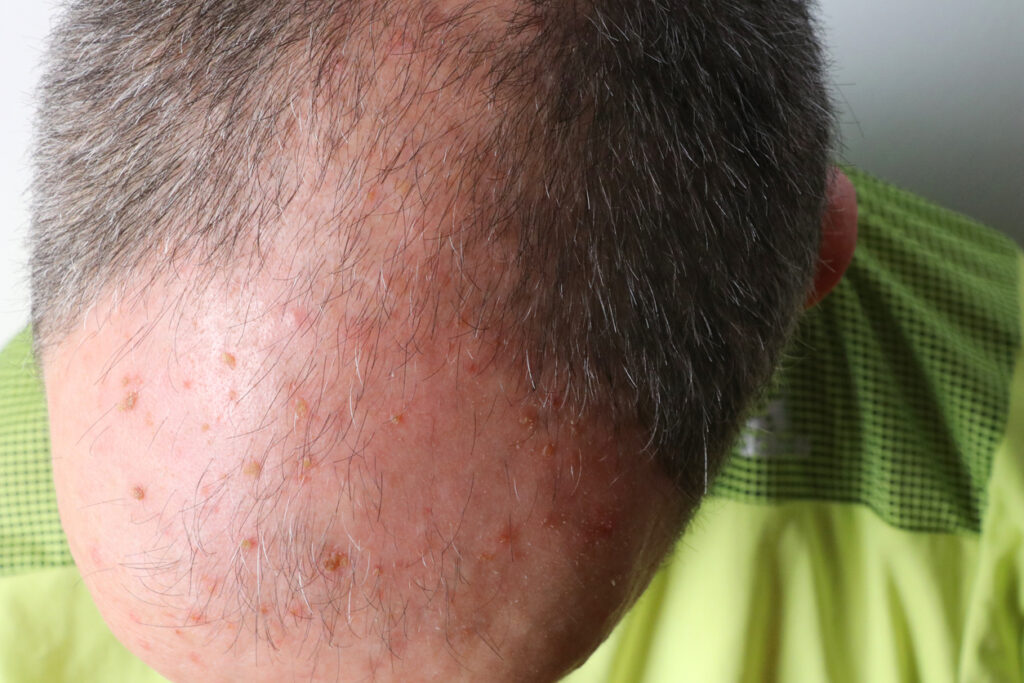Bimiralisib gel 2% (Torqur AG) performed well in a Phase 2 proof-of-concept study for the treatment of actinic keratosis (AK), according to research presented at the European Academy of Dermatology and Venereology (EADV) Congress 2025 in Paris, France.
Bimiralisib gel is a selective pan-PI3K/mTOR inhibitor, and AK is driven by an overactive PI3K/mTOR pathway.
The randomized, multi-center study evaluated topical bimiralisib gel as a field-directed treatment for AK on the face, scalp, and/or back of hands.
For efficacy, fully 92% of lesions showed complete or near-complete response with Olsen grade 1 patients, and overall, 52% of patients in the 2-week period and 71% in the 4-week period achieved an Investigator’s Global Assessment (IGA) score of 0–1 (Complete or Partial Clearance). All patients experienced some degree of lesion clearance after the initial treatment period. Clearance was seen in Olsen grade 1 and grade 2 AK lesions. Subanalysis showed that patients with Olsen grade 2 also had significant clearance with a 48% Complete or Near Complete response.
Treatment was well-tolerated, with related adverse events being generally local skin reactions with the vast majority being mild (only four grade 2 events), all resolving without intervention. Retreatment during the optional extension phase for up to 8 weeks was feasible without any significant or new safety concerns. Further improvements of lesions were noted with additional cases of complete clearance.
“These results show that bimiralisib gel 2% has both efficacy and safety across different grades of actinic keratosis,” says Prof. Dr. Alexander Navarini, Chairman of Dermatology at University Hospital Basel and Lead Principal Investigator, in a news release. “This represents a promising new non-invasive option for patients, addressing a significant unmet need in dermatology.”
Prof. Dr. Olivier Gaide, Head of the Center of Excellence for Skin Cancer and Melanoma at Lausanne University Hospital and Principal Investigator, adds: “With actinic keratosis being the most common precancerous skin condition, these data highlight the great potential of this targeted topical therapy to counter progression to squamous cell carcinoma.”


